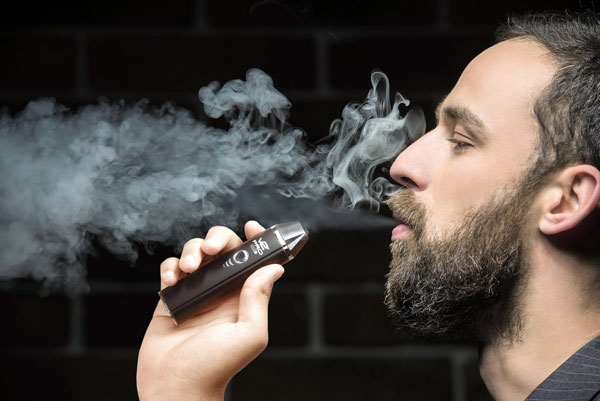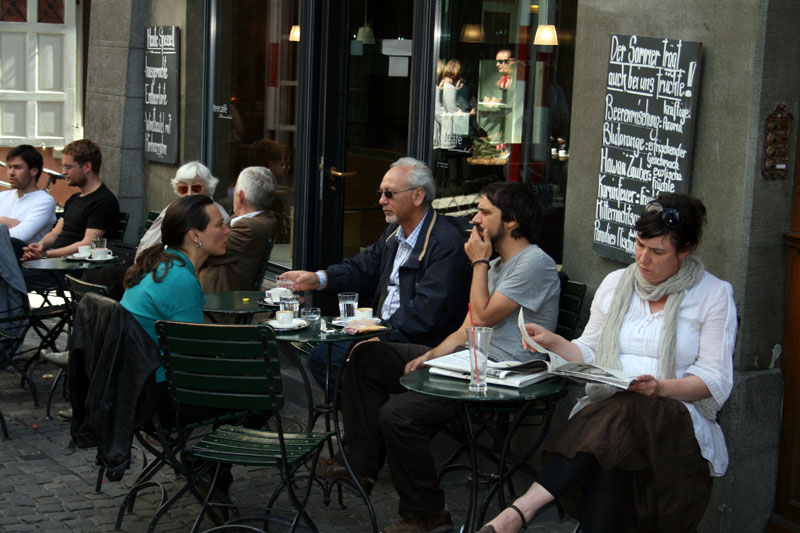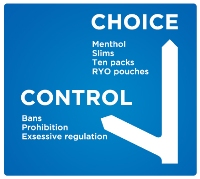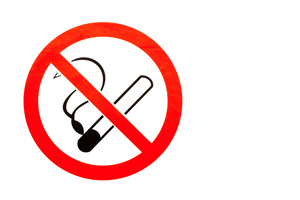If the US really wants to solve the smoking problem, government isn’t the answer, according to Brian Fojtik, a Senior Fellow with Reason Foundation, writing on the dailyvaper.com.
‘During the last ten years with the rise and growth in the market for e-cigarettes and vapor products, we’ve seen an organic, consumer-driven revolution sweep the nation and much of the world that holds the promise to do more to reduce smoking and smoking-related disease than expensive, intrusive and offensive government programs ever could,’ said Fojtik.
‘The response from government regulators, legislators and tobacco control groups masquerading as public health advocates has been nothing short of shameful.
‘We’d hope that health organizations and governments that have claimed to be working in the public interest would welcome promise toward reducing lung cancer, heart disease, stroke and COPD – all of which cause smokers to suffer and die prematurely at a rate of half a million a year.
‘Unfortunately, so far this promising trend has been received as anything but…’
Fojtik’s piece is at:
http://dailyvaper.com/2017/12/13/we-dont-need-the-government-to-solve-smoking-problem/










